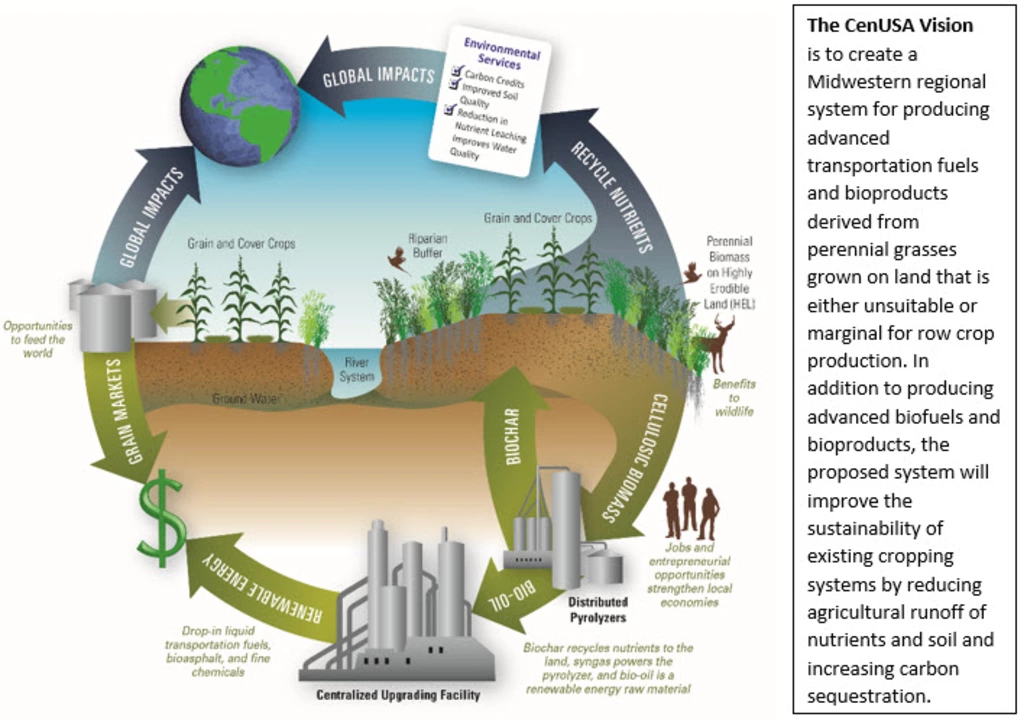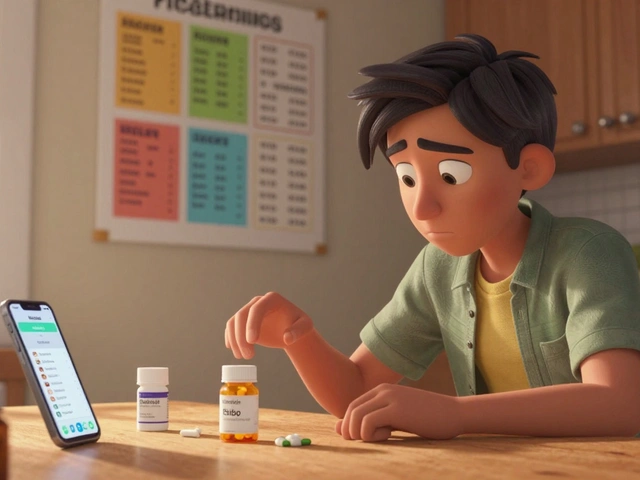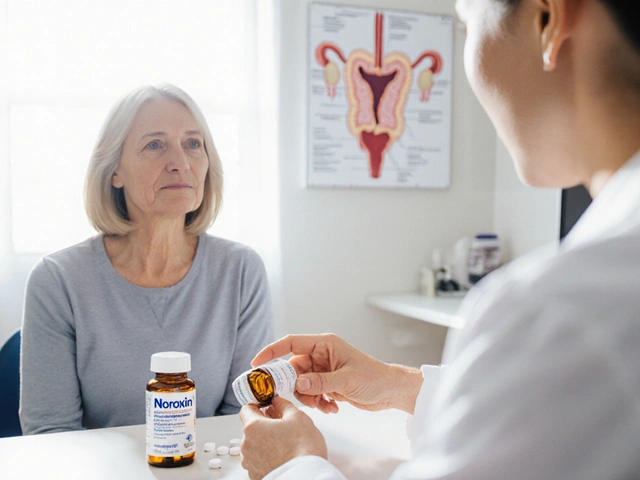Minimize harm: practical steps to safer meds, supplements and care
You want treatment that helps, not makes things worse. This tag collects clear, usable advice to reduce risks—whether you're ordering medicine online, starting a new drug, or trying a supplement. Below are concrete habits that cut mistakes, avoid scams, and protect your health.
Buy smart: how to pick safer online pharmacies and vendors
Always check a seller before you buy. Look for a verifiable physical address, a healthcare professional contact, and clear prescription rules. Read multiple user reviews and search the site name plus words like “scam,” “shipping,” or “quality.” If a pharmacy sells prescription-only drugs without asking for a prescription, walk away.
Use secure payment methods and avoid direct bank transfers to unknown vendors. Consider ordering a small test purchase first to check shipping time, packaging, and product appearance. Keep records—screenshots of the product page, order confirmations, and tracking numbers help if you need a refund or a report.
Take meds and supplements the safe way
Follow the exact dose your prescriber gave you. Don’t “split” doses or change timing without asking. If a leaflet lists dangerous interactions, double-check with a pharmacist or an online interaction checker. For over-the-counter supplements, treat them like drugs: check ingredients, possible interactions, and recommended doses. Natural doesn’t automatically mean safe.
Watch for side effects the first days after starting anything new. Keep a simple symptom log (time, symptom, severity). If you see worrying signs—high fever, breathing trouble, chest pain, sudden swelling—seek urgent care. For milder but persistent issues (new rash, gut upset, mood changes), contact your prescriber and ask whether to stop the drug or switch.
Store medicines as labeled: many need cool, dry places; some must stay refrigerated. Keep meds out of reach of children and pets. Expired drugs can lose potency or change chemically—dispose of them via a pharmacy take-back or follow local disposal rules. Never flush meds unless local guidance allows it.
For specific risks: if you use insulin, learn injection technique, rotate sites, and monitor blood sugar often. With antibiotics, finish the prescribed course unless your doctor tells you otherwise—this helps avoid resistance. If you’re considering performance drugs or steroids, get baseline labs, use only from verified sources, never share needles, and get regular bloodwork during use.
Use telehealth or pharmacist consultations when you have doubts—short chats can avoid big problems. Compare prices and look for generics to cut costs, but verify the generic’s maker and approval status. For major choices—surrogacy, donor selection, or complex treatment changes—get legal and specialist advice, not just forum input.
Want specific how-to guides? Browse the posts tagged here for reviews, step-by-step buying tips, drug alternatives, and safety checklists. Small habits—verifying sources, tracking side effects, and asking questions—prevent most harm. Start with one change today: check the seller and write down your dose schedule.

Nitroglycerin and the Environment: How to Minimize Harmful Effects
In my latest blog post, I discussed the potential harmful effects of nitroglycerin on the environment and how we can minimize those effects. Nitroglycerin, a powerful explosive and medication, has been found to contaminate water supplies and harm aquatic life. To reduce the impact, we should focus on proper disposal methods for unused nitroglycerin and invest in eco-friendly alternatives. Additionally, increased awareness and education about the risks associated with nitroglycerin is crucial. Together, we can work towards a greener future and protect our environment from the harmful effects of nitroglycerin.
Categories
- Medications (70)
- Health and Medicine (61)
- Health and Wellness (36)
- Online Pharmacy Guides (16)
- Nutrition and Supplements (9)
- Parenting and Family (3)
- Environment and Conservation (2)
- healthcare (2)
- prescription savings (1)



